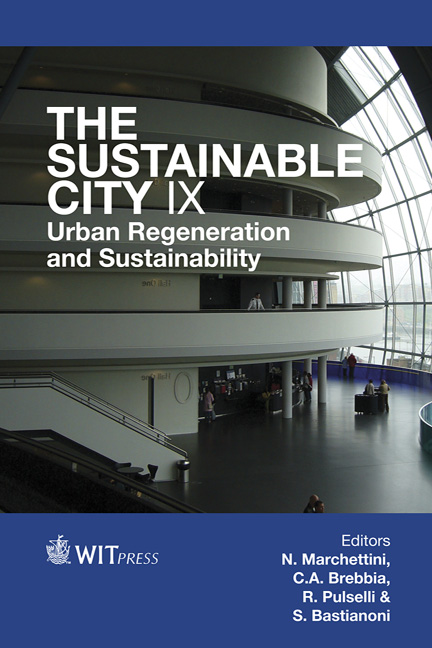Wear Debris Materials From Brake Systems: Environmental And Health Issues
Price
Free (open access)
Transaction
Volume
191
Pages
12
Page Range
1423 - 1434
Published
2014
Size
714 kb
Paper DOI
10.2495/SC141202
Copyright
WIT Press
Author(s)
R. Ciudin, P. C. Verma, S. Gialanella, G. Straffelini
Abstract
The environmental and health concerns related to Particulate Matter (PM) released in the environment from different sources have attracted increasing attention in recent years. The present paper is focused on the PM pollution coming from the wear of automotive brake systems. Generally, brake pads have a complex composition containing even more than 30 different components, some of them more polluting than others. The extent of such emissions depends on their physical and chemical properties and on the tribological interactions with the counter face disc during the braking stages. The main topic of the ongoing research regards the potential impact of the emitted PM on the human health, depending on the mechanisms of formation and toxicity of the particles. Since specific epidemiological studies indicated a link between airborne PM and adverse health effects experienced by urban populations throughout the world, it is important to reduce emissions of pollutants at source, i.e. in the present context, brake systems. The EU funded REBRAKE project is one of the many international research projects that are tackling the problem of wear debris emissions from brakes. The first results achieved by REBRAKE team are presented and discussed with regard to the updated situation as emerging from a detailed review of the present knowledge on this topic.
Keywords
REBRAKE project, brake wear, particulate matter, environmental impact, health impact, pin-on-disc, wear testing





